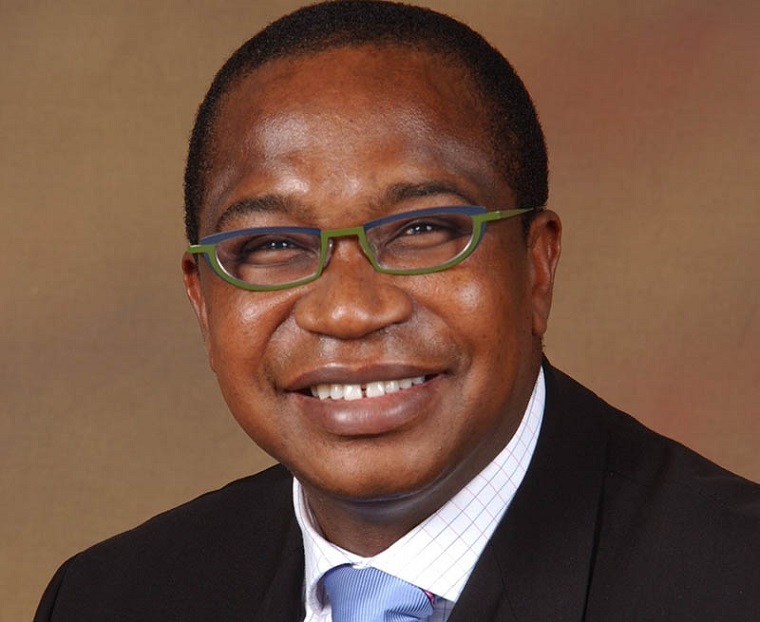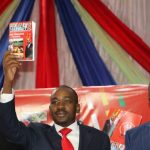The jury is still out on the merits of the (IMTT) itself, with some concern that increasingly higher taxes on a shrinking formal tax base may lead to the “laffer curve effect on consumer demand”.
This economic theory states that higher taxes generally stifle economic growth through limiting the money available for consumers to spend, thereby disincentivising people from working. Ultimately, this affects productivity and by implication, government’s tax revenues too.
More so, higher taxes have been observed to lead to tax avoidance and evasion, something Treasury was seeking to counter through the introduction of the IMTT in the first place. Further tax increases in the budget statement will inevitably become an exercise in futility.
Lately, revenue collections have outperformed expectations, with 2018 half-year gross collections coming in at $2.41 billion against a target of $2.1 billion, for instance. However, history tells us that government has not always utilised its revenues in areas where it can get more ‘bang for its buck.’
Government spending has repeatedly been both too high and poorly targeted, with recurrent expenditure such as civil service salaries and state subsidies taking up a significant chunk of its spend.
To this end, a complete breakdown of how much has been raised through the IMTT, and what it has been spent on, or its intended use may go a long way in placating the public outcry.
Ultimately, Ncube’s fiscal consolidation efforts must primarily be spending-based, with a greater focus on increasing spending efficiency. Government spending must foster private-sector led development in all economic domains.
In a show of how touchy the issue of civil service reform is, Ncube while acknowledging the urgent need to tackle government’s unsustainable wage bill, has seemingly avoided talk of retrenchment of government workers.
Instead, he has used carefully selected choice of words such as, changing the “orientation, structure, temperament, performance and efficiency of the civil service.” However, this seems to be just kicking the can down the road, delaying the necessarily inevitable.
The market will be watching whether the Finance Minister maintains bonus payments for the civil service, and more importantly, whether President Mnangagwa will support Treasury, should Ncube decide to take the radical route and altogether scrap bonuses.
Memories of former President Robert Mugabe disowning then Finance Minister Patrick Chinamasa after such an attempt will still be fresh in the minds of many.
Continued next page
(347 VIEWS)


